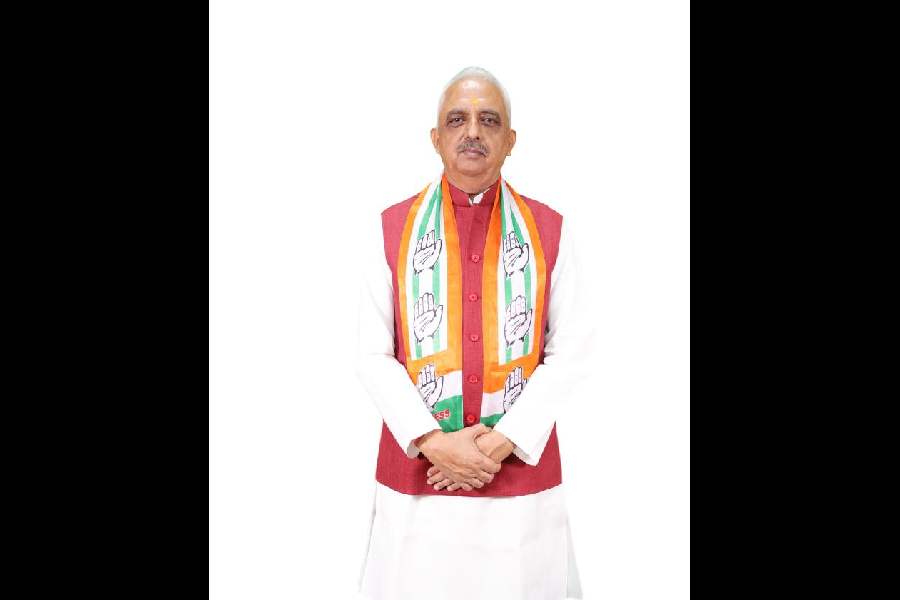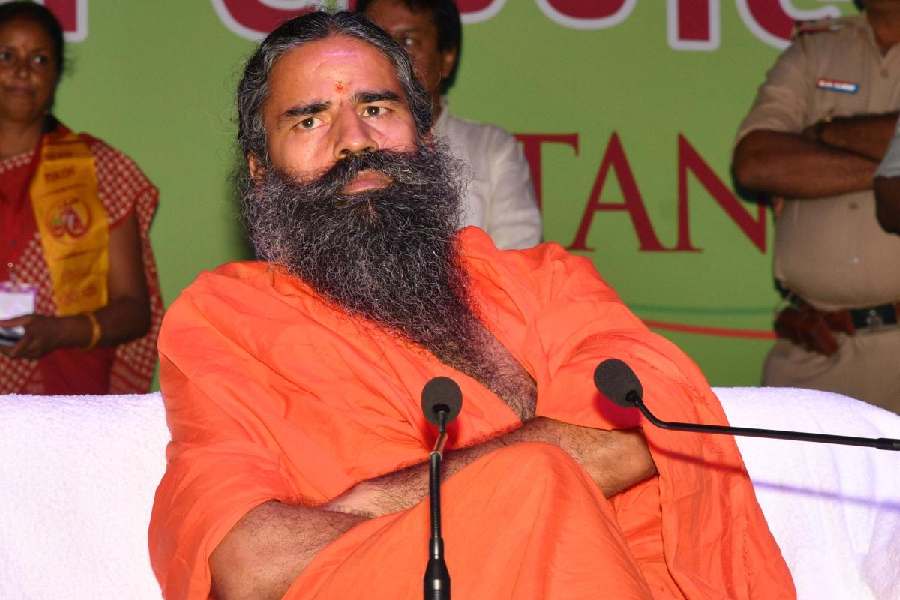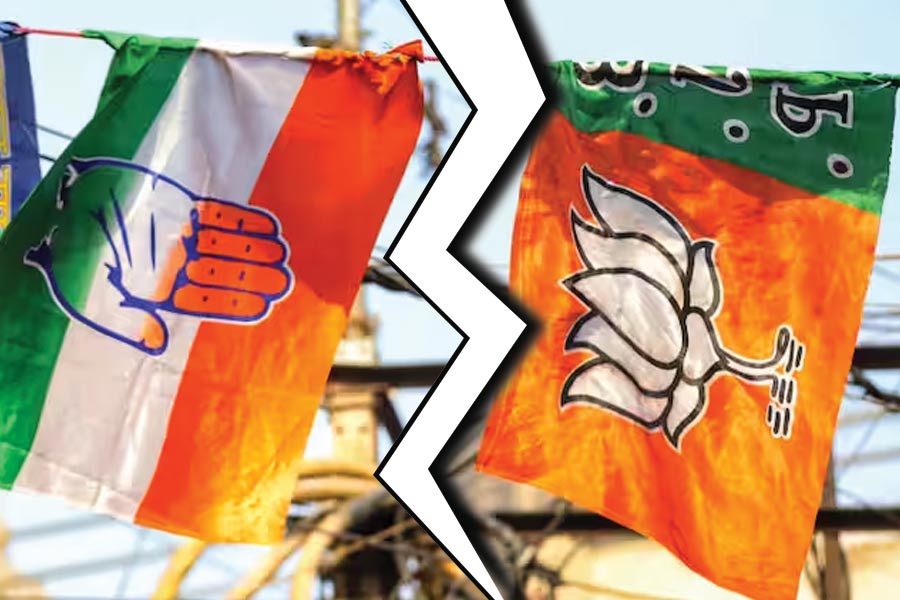The Supreme Court on Tuesday asked the Election Commission whether there was any penal provision under any statute to punish people who manipulate or tamper with EVMs (electronic voting machines).
However, the apex court maintained that the existing machine-based voting system was better than any human intervention.
A bench of Justices Sanjiv Khanna and Dipankar Datta was hearing a batch of PILs seeking direction to the EC to ensure a mandatory match of VVPAT slips with the votes actually cast in the EVMs or switch over to ballot papers.
Addressing senior advocate Maninder Singh, appearing for the poll panel, Justice Khanna said: “You tell us, if suppose there is some manipulation of the machines, what is the punishment if there is any manipulation that happens? It is a serious thing. There should be a fear that if something wrong is done then there should be punishment. There should be a fear of consequences.”
The bench was not impressed with Singh’s plea that Sections 132A and 134 of the Representation of Peoples Act provide for action against those violating the election rules.
“We are not on the procedure. There is no specific provision with regard to manipulations done, if at all,” Justice Khanna observed.
However, the bench maintained that despite the potential for manipulation, EVMs are comparatively more reliable.
Referring to advocate Prashant Bhushan’s argument that the EVMs can be manipulated, the bench said: “The questions regarding human weakness including bias will always arise. Machines normally without any wrong human intervention will work properly and will give accurate results. The problem arises when there is human intervention to make manipulation or unauthorised changes.”
Bhushan was appearing for one of the PIL petitioners.
Justice Datta also disagreed with the arguments of the petitioners that many European countries, including Germany, had switched to the paper ballot system.
“The population of my home state West Bengal is more than that of Germany. European examples don’t work here. We need to repose some trust in someone. Don’t try to bring down the system like this,” Justice Datta said.










